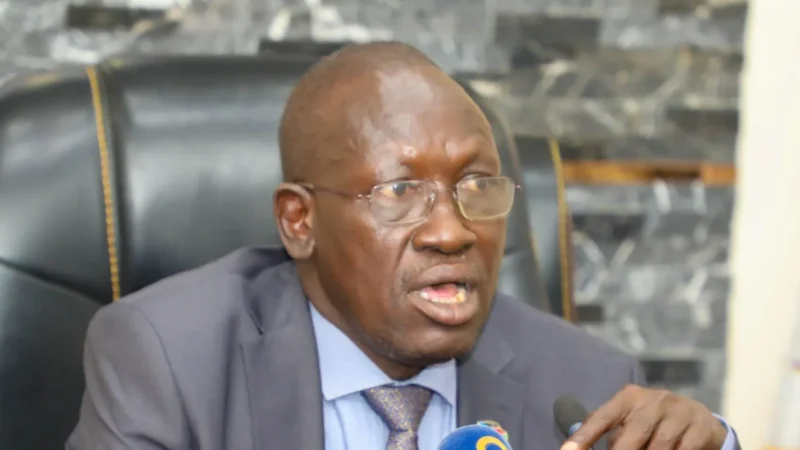Residents of Kawempe and surrounding communities have been urged to take advantage of the Small Claims Procedure (SCP), a justice initiative that allows individuals to resolve civil disputes involving sums not exceeding ten million shillings without the need for lawyers or prolonged litigation.
The appeal was made during the official launch of the procedure at Kawempe Chief Magistrates Court on Thursday. The event was presided over by Justice Geoffrey Kiryabwire of the Court of Appeal, who also chairs the national implementation committee for SCP.
Justice Kiryabwire emphasized that the SCP offers a faster, more affordable alternative for resolving everyday financial disputes. “Many people waste time reporting debt-related cases to police, which often results in criminal charges and imprisonment. Yet, even when the debtor is jailed, the complainant rarely recovers their money,” he noted. “If your goal is to recover funds, small claims is your best option.”
He shared a personal reflection to underscore the importance of the initiative: “Don’t be misled by the suit I’m wearing—if someone owes me money, I prefer to get it back than to see them in prison. Prison doesn’t return my money; SCP does.”
Justice Kiryabwire further stressed that incarcerating individuals over minor debts deprives communities of productive members, especially when more constructive conflict-resolution mechanisms exist. He pledged that the Judiciary will extend SCP training to local religious, traditional, and political leaders to ensure widespread understanding and uptake of the process.
Also speaking at the event, Deputy Resident City Commissioner for Kawempe, Hajji Noor Njuki, praised Chief Magistrate Her Worship Roseline Nsenge for spearheading access to timely and efficient justice in the area.
Her Worship Zulaika Nanteza, the Judiciary’s Registrar in charge of Alternative Dispute Resolution (ADR), cautioned the public against fraudsters posing as court agents or middlemen. She reminded residents that all legitimate judicial processes occur inside court premises, overseen by official judicial staff.
Nanteza also warned borrowers to be vigilant when signing agreements with money lenders. “Some agreements are disguised as sales documents rather than loan contracts, making it difficult for courts to reverse them,” she said.
Kawempe Chief Magistrate Nsenge revealed that the court, although only five months old, has already registered significant progress under SCP. “Since we began operations in January 2025, we’ve registered 98 small claims cases. Of those, 45 have been resolved. In some cases, people filed claims without sending demand notices, but even then, 10 have been concluded,” she said.
Community members present at the launch lauded the Judiciary for bringing justice services closer to them, saving both time and transport costs that would otherwise be spent accessing distant courts.
The Small Claims Procedure is applicable in Chief Magistrates Courts within the jurisdiction where the dispute arises or where the respondent lives. Before initiating a claim, the complainant must serve the respondent with a written demand and allow 14 days for resolution. If no agreement is reached, the matter can then be brought to court for a speedy hearing and judgment—often within two weeks.
This initiative is part of the Judiciary’s broader effort to improve access to justice and reduce backlog in the courts by offering Ugandans a simplified way to address minor civil matters.







